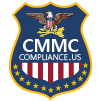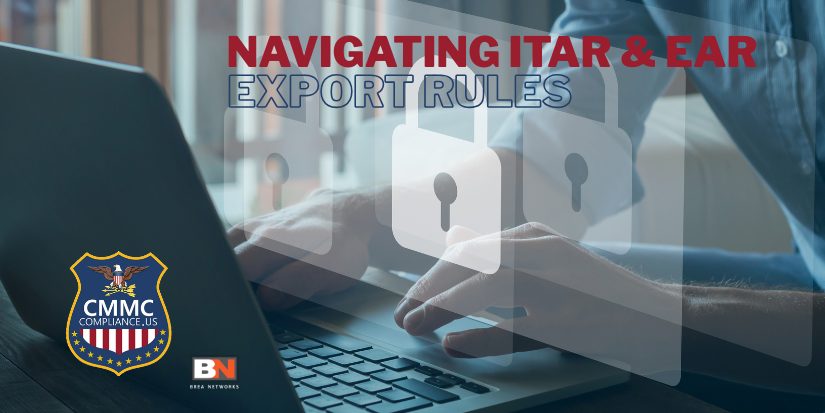When you hear “export,” you might picture crates on a ship or goods crossing borders. But in today’s digital world, exporting under U.S. law goes far beyond physical shipments. Sending an email, uploading to the cloud, or even sharing a screen during a video call can count as an export if it involves controlled technical data or software. Mishandling these actions can lead to severe penalties.
Welcome to the complex world of ITAR (International Traffic in Arms Regulations) and EAR (Export Administration Regulations). Here’s what you need to know to stay compliant and protect your business.
What Does “Export” Really Mean?
Under ITAR and EAR, an export isn’t just about physical goods. It includes any transfer of controlled technical data or software outside the U.S., or to non-U.S. persons, even within the country. Examples include:
- File transfers to servers located outside the U.S.
- Screen shares or video calls displaying technical drawings or software interfaces.
- Cloud storage access where data might reside on foreign servers.
- Granting access to controlled data by non-U.S. persons, even if they’re in the U.S.
In short, if sensitive technical data or software leaves U.S. jurisdiction—or becomes accessible to someone who isn’t a U.S. person—it’s considered an export. Depending on the data, you may need a government-issued license to proceed legally.

Why Compliance Matters
Violating ITAR or EAR regulations can have serious consequences:
- Heavy fines: Penalties can reach millions of dollars, even for unintentional violations.
- Loss of contracts: Non-compliance can jeopardize relationships with government or defense partners.
- Reputation damage: A violation can tarnish your company’s credibility for years.
- Legal risks: Investigations and sanctions can disrupt operations and lead to costly legal battles.
Even a simple mistake—like emailing a technical schematic to an overseas subcontractor—can trigger these consequences.
Real-World Scenarios
Here are some common situations where ITAR or EAR rules apply:
- Uploading files to a non-U.S. cloud server: If those files contain ITAR-controlled data, it’s an export.
- Emailing technical schematics to a foreign supplier: Without proper authorization, this violates export rules.
- Allowing a foreign national to access Controlled Unclassified Information (CUI): Even if they’re in the U.S., this counts as an export.
- Collaborating via video call with an overseas team: Sharing controlled data during the call requires compliance.
Each of these actions may require prior approval or a license under ITAR or EAR.

Best Practices for Staying Compliant
Protect your business by following these steps:
- Know your data’s location: Verify that your cloud servers are U.S.-based and compliant with ITAR/EAR.
- Restrict access: Ensure only authorized U.S. persons can view or handle controlled data.
- Train your team: Educate employees on what constitutes an export and the risks of non-compliance.
- Check licensing requirements: Confirm whether an export license is needed before sharing data.
- Document everything: Maintain detailed records of how controlled data is stored, shared, and accessed.
Resources for Compliance
To deepen your understanding and ensure compliance:
- Visit the U.S. Department of State’s ITAR page (www.pmddtc.state.gov) for detailed regulations.
- Check the Bureau of Industry and Security’s EAR resources (www.bis.doc.gov) for guidance.
- Consult with a compliance expert or legal counsel specializing in export controls.
- Invest in regular training programs to keep your team informed about evolving regulations.
Final Word
Exporting isn’t just about shipping physical goods—it’s about safeguarding sensitive information. A single misstep, like sharing controlled data with the wrong person or server, can lead to costly violations under ITAR or EAR.
By understanding the rules, securing your data, and embedding compliance into your processes, you can protect your business and operate with confidence.
Think before you click send. Stay informed, stay compliant, and keep your business safe.




